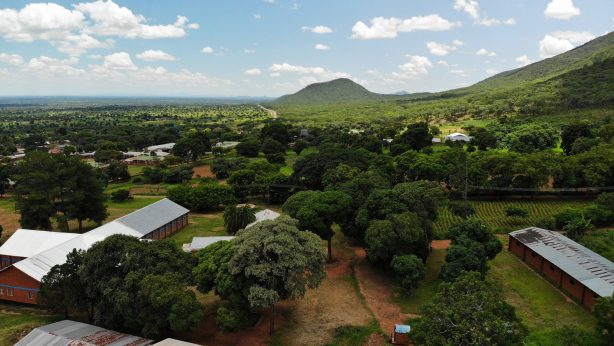My First Day in Kapita
This is part of an ongoing blog series by our intern Maddy Wilcox-Kerr.
About 5 hours north of Lilongwe lies the district of Mzimba South East. Kapita is a large area comprised of 38 villages. The area is governed by a village head and the main source of income is farming of maize and coffee. Almost everyone in this region lives below the poverty line at roughly $1 USD per day. Most families live in mud huts with straw roofs and up to 6 people sleep in one room. Despite the living conditions, the people of Kapita are friendly, excitable and eager to learn.
For the last 5 years, Empower Malawi has implemented a development project in Kapita to help develop the skills and infrastructure required for a thriving community. The support Empower Malawi is providing is primarily through permaculture training, access to solar technologies, a preschool and a financial cooperative. The reason for our visit to Kapita was to evaluate the impact of Empower Malawi’s social and environmental initiatives on the lives of the villagers. The evaluation was conducted on the back of Empower Malawi phasing out its direct involvement in facilitating initiatives toward self-reliance and sustainability in the region.
To ensure the responses from the villagers were impartial, we used an external consultant to conduct an evaluation in the form of market research. The research was designed to evaluate Empower Malawi’s performance on a few key objectives such as improving the mean annual income and decreasing the gender disparity in decision-making at both the community and household level. The majority of the day, the consultant was conducting focus group discussions and one on one interviews in the local language of Chichewa.
I was given a tour of the village by one of the local women and spent most of the day listening to the interviews being conducted by the consultant. As a kind of thank-you, we were provided lunch by the villagers which consisted of Nsima (a local maize porridge), a few green vegetables and chicken for the meat eaters. As the day progressed and interviews were coming to a close there was singing, dancing, prayers and a formal farewell guided by the head of the village.



